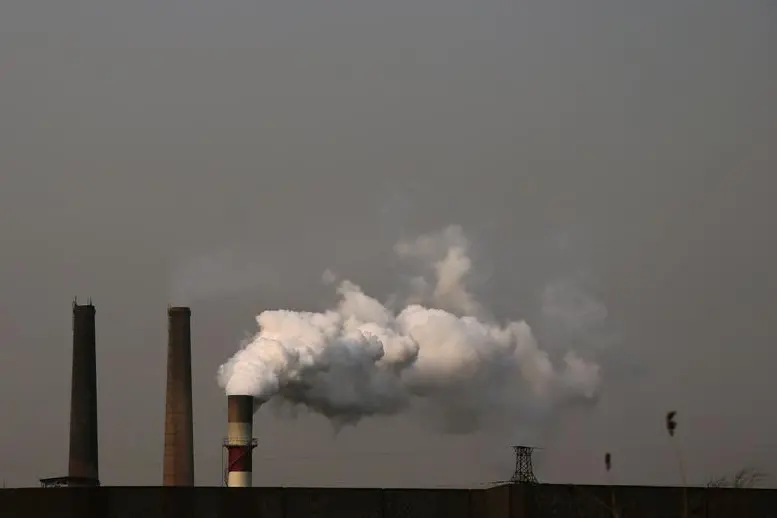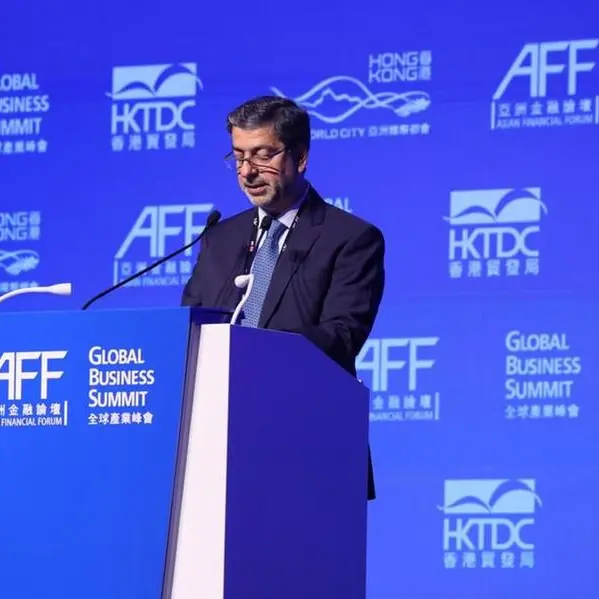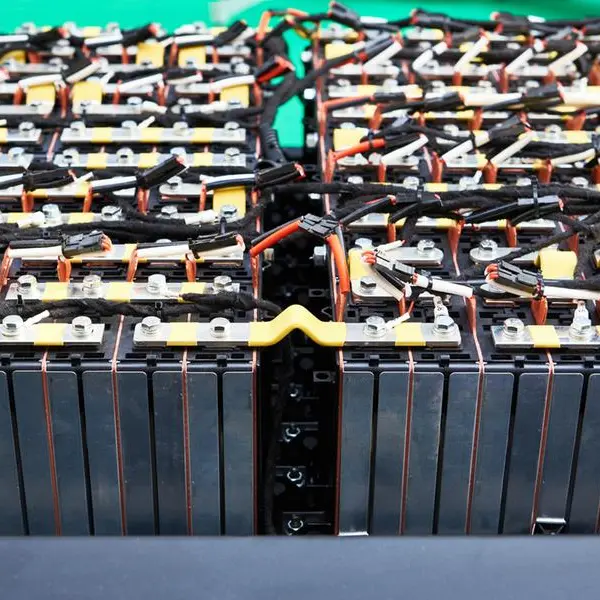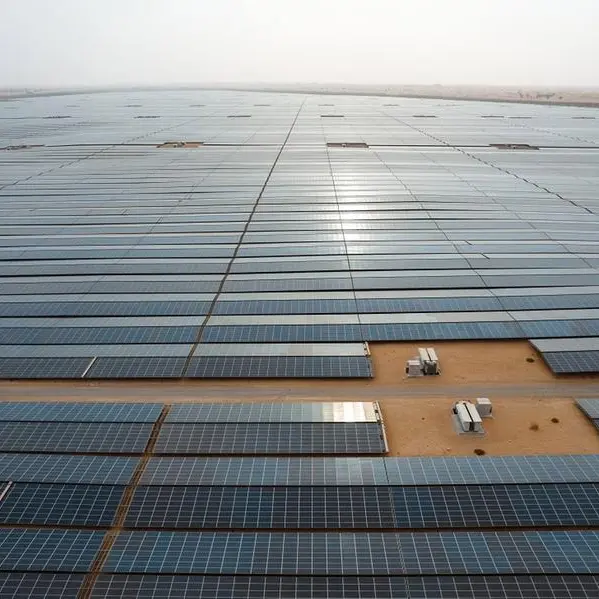PHOTO
BEIJING - China's southern Guangdong province will study establishing a carbon trading market in the Guangdong-Hong Kong-Macao region, known as the Greater Bay Area, in 2022, the latest bid to draw the economies of the two territories closer to the mainland.
The Greater Bay Area, comprising nine cities in Guangdong in addition to the Special Administrative Regions of Hong Kong and Macau, is one of China's most economically prosperous areas, with gross domestic product of $2.36 trillion, equivalent to Italy's.
In September, China kicked off Wealth Management Connect to bring combined fund flows of about $46 billion to the region.
The Guangdong provincial government did not disclose more details of the carbon trading scheme for the Greater Bay Area in its 2022 work plan issued on Monday.
Bai Hexiang, president of the central bank's Guangdong branch, said during the annual parliament gathering last week that the launch of a regional carbon market would help the region take the lead in achieving the climate change goals and help enhance the international status of China's carbon market.
China, the world's biggest emitter of climate warming gases, launched its national emission trading scheme (ETS) in July. It still operates regional carbon trading platforms in Beijing, Tianjin, Shanghai, Chongqing, Guangdong, Hubei and Shenzhen.
Analysts expect China to continue operating its national and regional carbon markets for now, as the national scheme expands its industrial coverage and gains liquidity.
About 2,000 firms from the power sector, which contributed to 4.5 billion tonnes of carbon emissions, or about 40% of China's total, have been included in the national ETS. In 2021, 178 million tonnes were traded at the national platform.
"To build a carbon market in the Greater Bay Area will effectively integrate and expand the carbon markets in Guangdong and Shenzhen, meanwhile (it will) connect Hong Kong and Macao to the mainland carbon market system," said Bai.
(Reporting by Muyu Xu and David Stanway; Editing by Edmund Blair)
Reuters





















